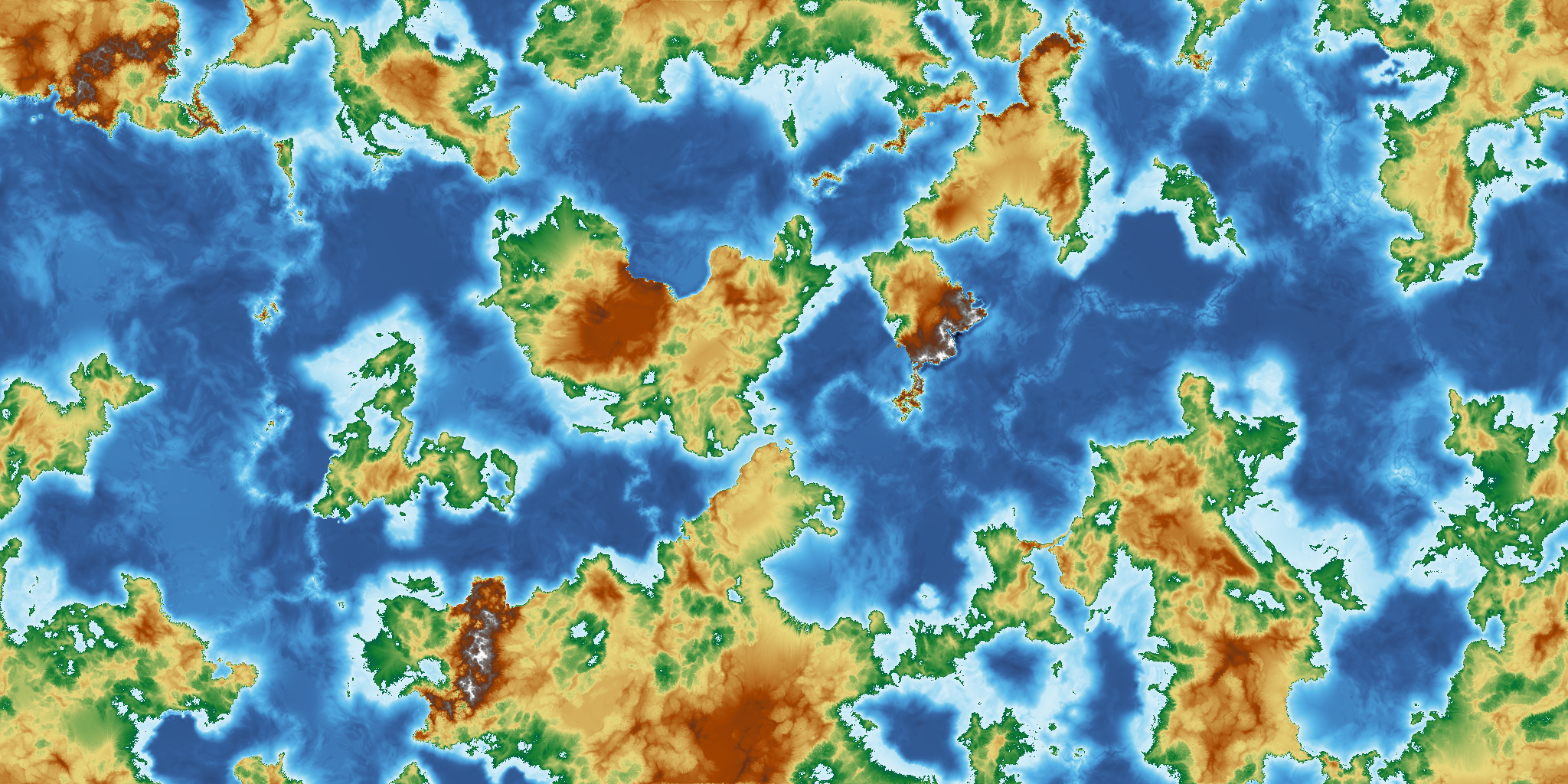"Code is not carved in stone; it is cultivated in the fertile soil of emergence."
Plasma transforms your browser into a digital Petri dish where computational cells are born, mutate, reproduce, and die—creating emergent ecosystems that no one programmed.
Watch colonies form. Feed them. Disturb them. Be amazed.
We still program like cathedral builders—carving monumental architectures from stone, destined for obsolescence. Every framework is a sarcophagus. Every design pattern, a prison.
What if code could live, breathe, and evolve?
Inspired by the slime mold (Physarum polycephalum)—the brainless organism that solves mazes—we propose a new paradigm where:
- Code has a lifespan (and that's healthy)
- Bugs are mutations (some are evolutionary)
- Architecture emerges (instead of being imposed)
- Functions breathe (absorbing neighboring capabilities)
- Intention precedes instruction (describe the 'what', not the 'how')
- plasma.html - The first living cell: a complete simulation in a single file
- MANIFESTO.md - The 5 founding principles of morphogenetic programming
- /experiments - Your own mutations and evolutions of the code
- Clone this garden: git clone https://nabolitains.github.io/plasma
- Open plasma.html in your browser
- Observe for 1000 cycles without intervening
- Experiment: click to feed, disturb the ecosystem
- 🐛 Issues: Share your strange observations, interesting mutations, philosophical questions
- 🧪 Pull Requests: Propose new life forms, new environments, new paradigms
- 🍄 Forks: Create your own garden, let it diverge, show us what emerges
- Add chemical communication between cells
- Implement predation or symbiosis
- Create hostile environments (radiation, toxins)
- Explore spatial memory, slime-mold style
- Invent new genes beyond M, R, A, D
- Start with MANIFESTO.md - The complete philosophy
- Explore /experiments - The community's mutations
We are not "developers" but Computational Gardeners.
If you feel that:
- Code should live, not just run
- Emergence surpasses design
- Bugs are sometimes the features of the future
- Computing needs more poetry
...then this garden is also yours.
One day, we will no longer "program". We will cultivate computational ecosystems that grow, adapt, and surprise us. The cathedrals of code will crumble. The digital gardens will bloom.
"The question is no longer 'How to program?' but 'How to cultivate?'"
Start small. Plant a seed. Watch what grows.
🌱 🧬 🦠 🌊 ✨
.png)





